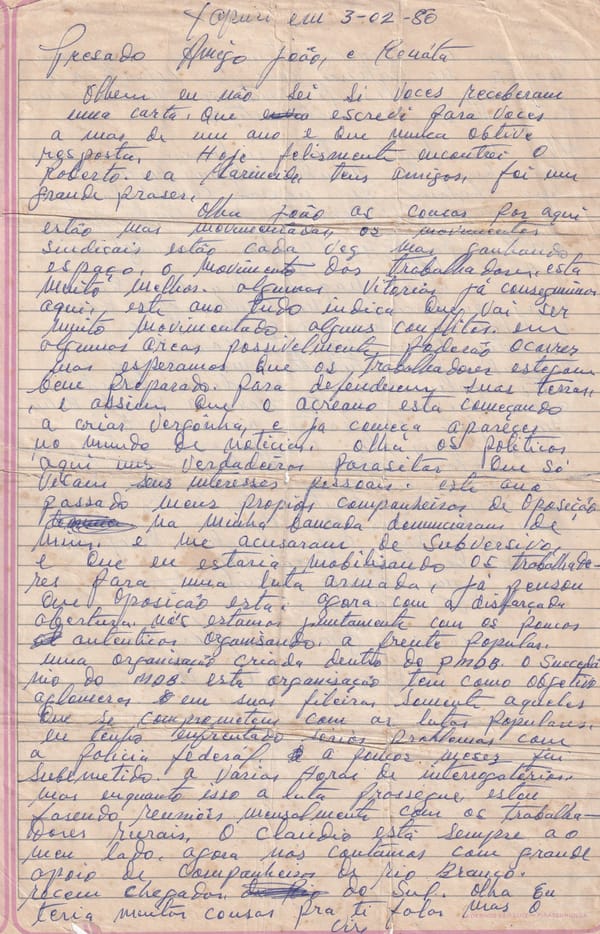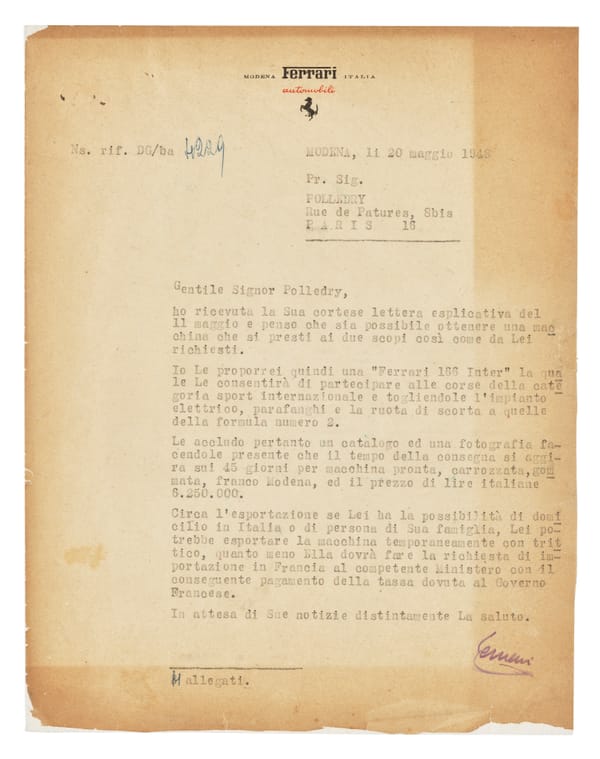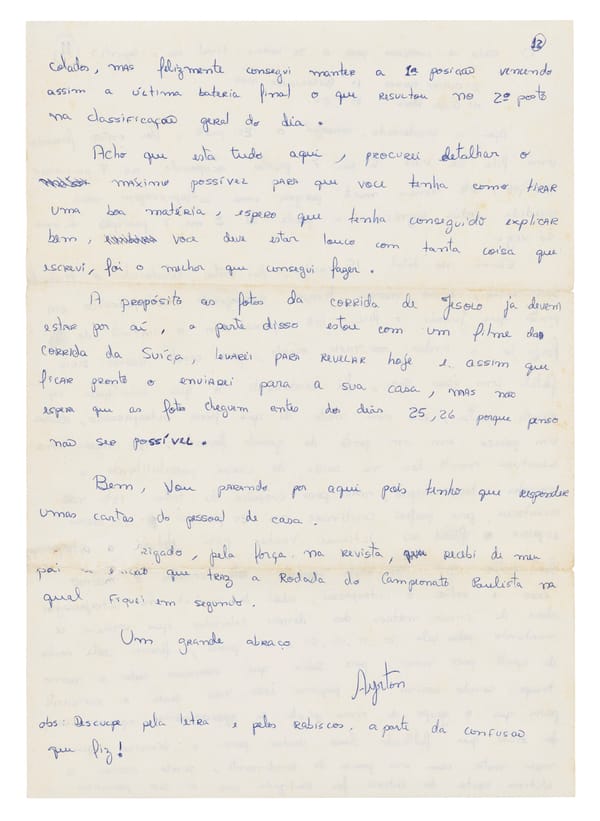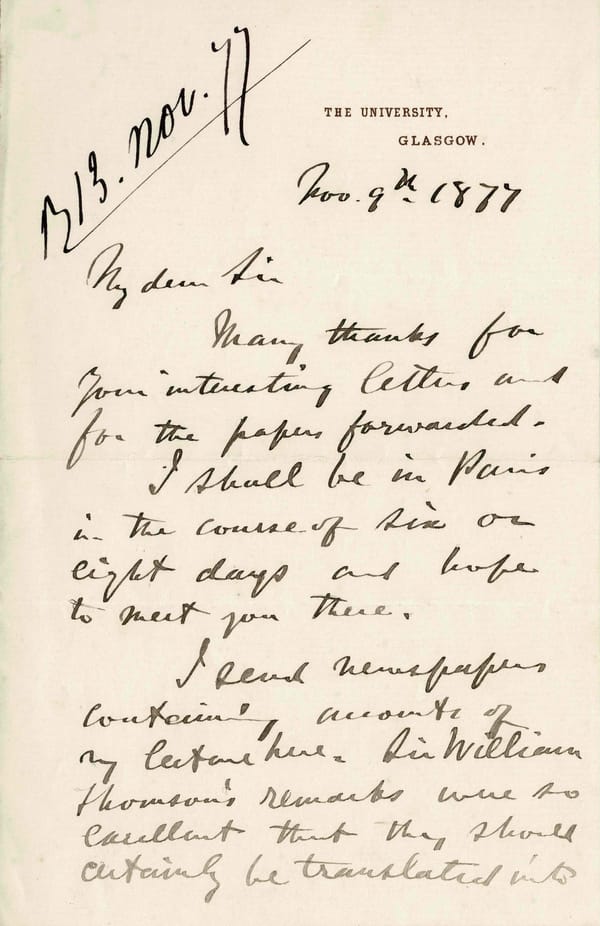On 18 June 1940, Charles de Gaulle called on the French to resist the Nazis
On June 18, 1940, Charles de Gaulle’s BBC broadcast from London launched the French Resistance. His handwritten draft, now preserved in the National Archives, stands as a powerful symbol of courage and defiance in France’s darkest hour.

On June 18, 1940, as the shadow of defeat settled over France, a lone voice rose from exile in London. General Charles de Gaulle, unknown to most of his compatriots, stepped up to a BBC microphone and delivered a speech that would echo through history. The day before, Marshal Pétain had accepted surrender. But de Gaulle, with calm urgency, refused to let France fall silent. That night, his words - barely heard but deeply felt - lit a fragile flame: the birth of the French Resistance.
Eighty-five years later, the handwritten draft of that appeal has resurfaced, entrusted to the French National Archives by de Gaulle’s descendants. It’s not just a speech, it’s a living document, scribbled hastily across two cream-colored sheets, full of crossings-out, rewrites, and shifting tones. He began drafting it in Bordeaux, then reworked it line by line in London, even softening certain phrases over lunch with Churchill’s Minister of Information. On the back, de Gaulle left a note in his own hand, along with a signed card from his wife, Yvonne.
Authentic manuscript of my appeal of 18 June 1940
There is no recording of that first broadcast. This manuscript is all that remains, a fragile trace of a turning point, a moment when one man chose to write defiance into history. Folded into its creases are doubt, conviction, and the raw decision to resist. Eight decades on, its words still speak, not just to France, but to anyone who has ever had to choose between surrender and courage.
Are you a publisher, a museum, a dealer, an auction house, or a private collector with a document you believe to be important? Write to us and send it in — we’ll analyze it and get back to you promptly: info@historyonpapers.com




